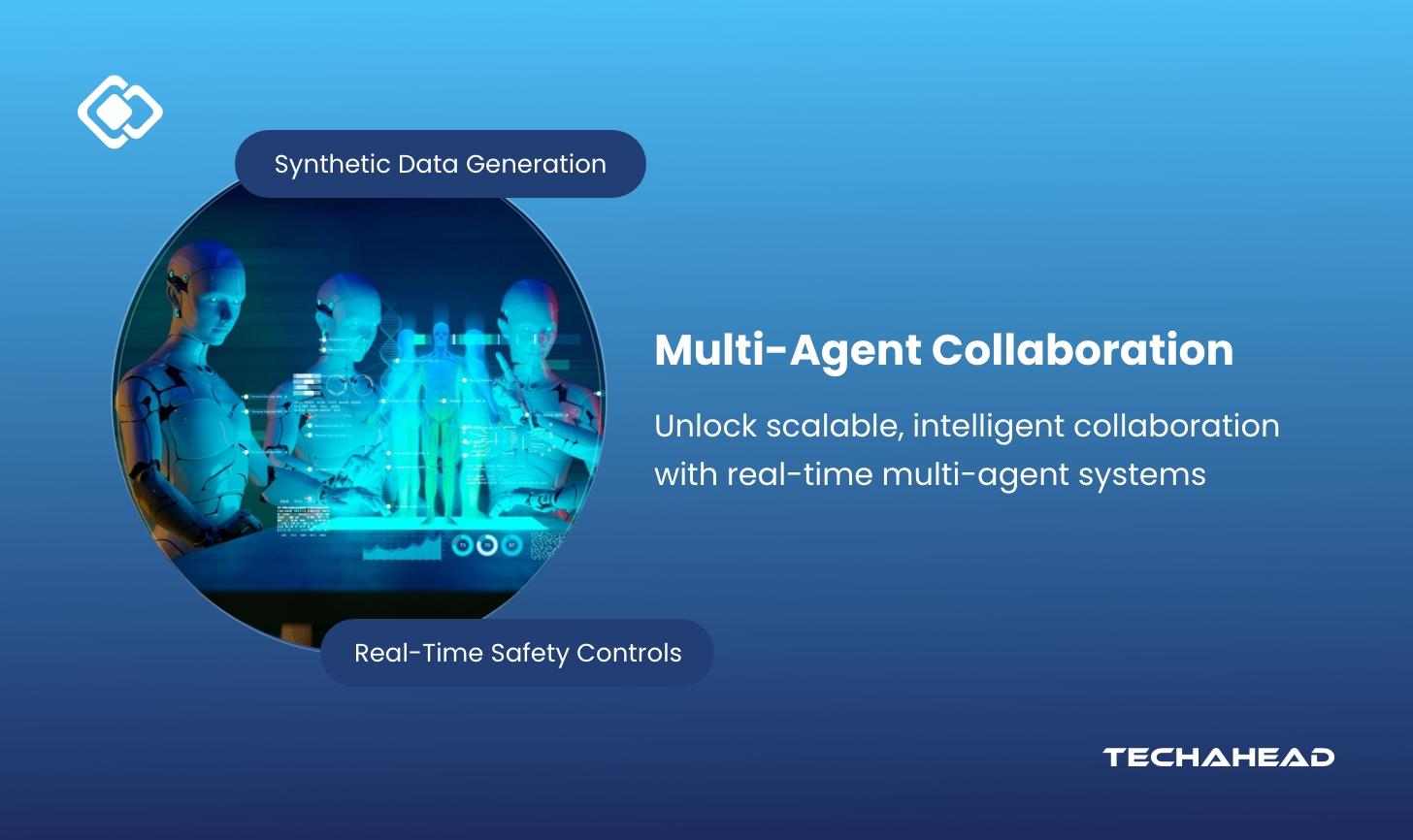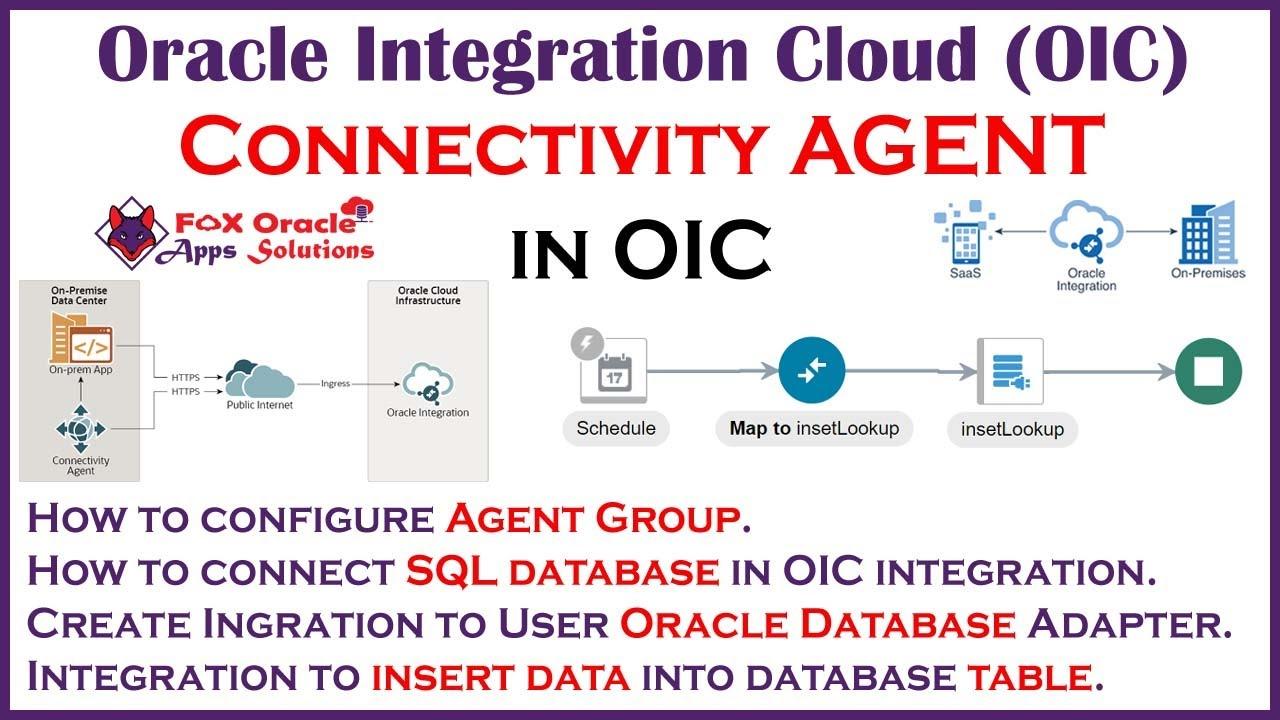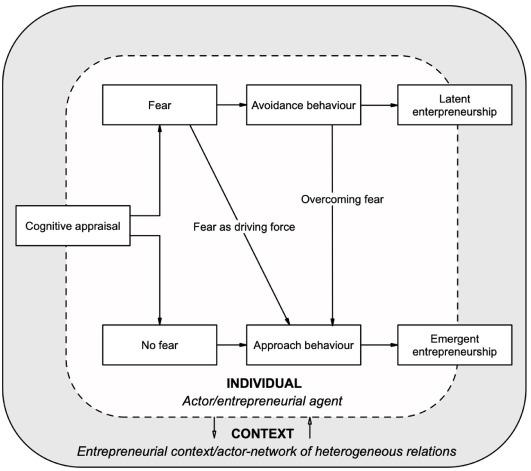In the rapidly evolving landscape of technology, words like “Agent” are beginning to resonate beyond their customary definitions, prompting a essential question: Is this new breed of AI-driven assistants merely a tool at our disposal, or are they evolving into collaborative “colleagues” redefining the nature of work? As entrepreneurs and innovators explore the vast potential of these agents, understanding their true value and the opportunities they present becomes crucial. This article delves into the essence of “Agent,” unraveling whether it is indeed a simple utility or a transformative partner, and examining the entrepreneurial prospects that lie within this emerging frontier.
Unpacking the Human-Like qualities of Agent and Its Impact on Collaboration Dynamics
When agents exhibit human-like traits, such as empathy, adaptability, and nuanced understanding, they begin to blur the lines between traditional tools and autonomous collaborators. This change invites a reimagining of workplace interactions, where agents are not merely programmed responses but dynamic participants shaping decision-making processes. Their ability to interpret context and respond with a level of nuance fosters a sense of trust and familiarity, essential for seamless teamwork. Businesses that leverage these qualities can unlock new levels of efficiency,as agents can anticipate needs,offer personalized suggestions,and facilitate smoother interaction flows.
The integration of human-like qualities into agents has profound implications for collaboration dynamics. It encourages a shift from rigid hierarchies towards more fluid, interactive partnerships, where the agent acts as an clever collaborator rather than a simple executor. this evolution can lead to:
- Enhanced engagement: team members feel more supported and understood.
- Accelerated innovation: spontaneous ideas emerge from richer interactions.
- Flexible workflows: adaptive agents respond to changing project needs.
| Aspect | Impact on Collaboration |
|---|---|
| Empathy | Builds trust and improves communication |
| Adaptability | Creates flexible and resilient teamwork |
| Nuance | Enables context-aware decision making |

evaluating the Business Potential of Agent as a Tool vs. Team Member in Startup Ecosystems
When considering an Agent’s role within a startup,one must weigh its capabilities against the dynamic needs of a growing business. Is it simply a sophisticated tool that streamlines repetitive tasks, or can it evolve into a colleague that adapts and collaborates with human team members? This dichotomy shapes how startups perceive investment and integration strategies.A well-designed Agent can serve as an extension of your core team, offering insights, automating customer interactions, and even participating in decision-making processes. Conversely, it retains fundamental limitations, especially in nuanced contexts requiring emotional intelligence or creative thinking.
Evaluating the business potential involves analyzing several key factors. These include:
- efficiency gains—reducing costs and saving time with automation
- Scalability—handling increased workloads without proportionally increasing human resources
- Innovation capacity—enhancing product development through data insights
- Customer experience—delivering personalized and rapid responses
| Aspect | Agent as Tool | Agent as Team Member |
|---|---|---|
| Decision Making | Assists with data-driven insights | Participates in strategic choices |
| Adaptability | Limited to programmed functions | learns and evolves through interactions |
| Cost | Lower, primarily infrastructure/setup | Higher, includes training and integration |

Strategic Approaches to Integrating Agent for Maximum Innovation and Efficiency
Triumphant integration begins with recognizing that agents are more than just digital tools; they are transforming into collaborative partners in the innovation landscape. To harness their true potential, organizations should focus on creating an surroundings where agents seamlessly augment human efforts, enabling faster decision-making and deeper insights. Key strategies include establishing clear workflows that leverage agent strengths, such as data analysis, automation, and personalized user interactions, all while maintaining human oversight to ensure quality and ethical standards.
Moreover, deploying agents strategically involves understanding their roles and limitations through structured frameworks. The following table illustrates how different agent types contribute to business goals:
| agent Type | Primary Function | Best Use Cases |
|---|---|---|
| Data Agent | Analyze and interpret large datasets | Market insights,customer segmentation |
| Automation Agent | Streamline repetitive tasks | Workflow management,customer service |
| Interaction Agent | Enhance user engagement through personalized communication | Chatbots,virtual assistants |

Navigating Ethical Considerations and Future Opportunities in Agent-Driven Entrepreneurship
As agents become increasingly integrated into entrepreneurial workflows, ethical considerations shift from mere compliance to foundational principles that shape trust and authenticity. Deciding whether an agent is a “colleague” or merely a “tool” hinges on openness, accountability, and the potential impact on stakeholders. Entrepreneurs must grapple with questions like:
- How much autonomy should these agents possess?
- How do we prevent bias and ensure fairness?
- What are the privacy implications for users interacting with intelligent agents?
Looking ahead, the horizon is dotted with promising opportunities that redefine the entrepreneurial landscape. Emerging trends include:
- specialized agents tailored to niche industries, amplifying efficiency and expertise.
- Cross-platform collaboration between human and AI agents creating seamless solutions.
- Innovative models where agents act as autonomous co-founders, sharing risk and reward.
These innovations don’t just promise new business avenues—they challenge us to envision a future where ethical integrity fuels sustainable growth, transforming agents from auxiliary tools into meaningful partners in the entrepreneurial journey.
To Wrap It Up
As we conclude our exploration of Agent, the line between colleague and tool continues to blur, inviting us to rethink traditional boundaries in the workplace. Whether viewed as a collaborative partner or a powerful instrument, its true potential lies in how we harness it to unlock new entrepreneurial opportunities and create meaningful value. As technology evolves, so too does our understanding of what it means to work alongside intelligent agents—an ongoing journey filled with possibility and innovation.